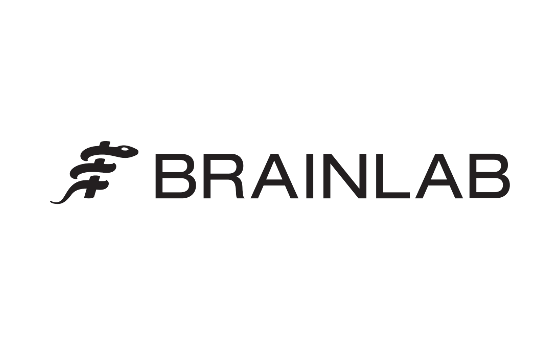 Brainlab has announced a strategic development partnership with Florida-based Magic Leap, a developer of proprietary spatial computing solutions that help users enrich their real world experience by integrating digital content within their physical world.
Brainlab has announced a strategic development partnership with Florida-based Magic Leap, a developer of proprietary spatial computing solutions that help users enrich their real world experience by integrating digital content within their physical world.
Under an exclusive agreement, Brainlab will market a version of Magic Leap's technology platform that will redefine how surgeons and other clinicians visualize and access medical imaging data. A state-of-the-art operating system will combine Brainlab data management, cloud computing, visualization and data pre-processing software with Magic Leap's spatial computing and experiential platforms. Open to third parties interested in developing medical spatial computing applications in the fields of surgery, radiotherapy and other critical medical interventions, the combined solution from Magic Leap and Brainlab will transform the art and science of patient care.
"Truly unique and first-of-its-kind, our operating system will enable anyone to integrate multi-dimensional virtual data into real-world clinical workflows, driving precision, productivity and an intuitive user experience," said Stefan Vilsmeier, Founder and CEO of Brainlab. "We will deploy mixed reality and machine learning to capture vital data that will allow physicians to optimize their procedures for every patient."
This spatial computing development ecosystem will support management, visualization, augmentation and navigation of diagnostic imaging data for a broad range of clinical procedures. The first release will enable planning and simulation of interventional procedures in an office setting, which will be expanded upon quickly to include a next-generation mix of virtual and physical worlds for the operating room, radiotherapy treatment room, intensive care room and radiology suite.
"The combination of Brainlab and Magic Leap can be meaningful in empowering physicians to improve the quality of interventional solutions," said Rony Abovitz, Founder and CEO of Magic Leap. "Together we hope to positively impact the lives of millions of people around the world."
About Brainlab
Brainlab develops, manufactures and markets software-driven medical technology, enabling access to advanced, less invasive patient treatments.Brainlab technology powers treatments in radiosurgery as well as numerous surgical fields including neurosurgery, orthopedic, ENT, CMF, spine and trauma. Founded in Munich in 1989, Brainlab has over 12,300 systems installed in over 100 countries.